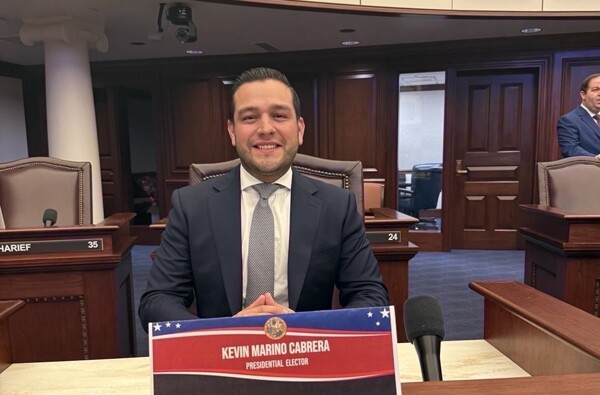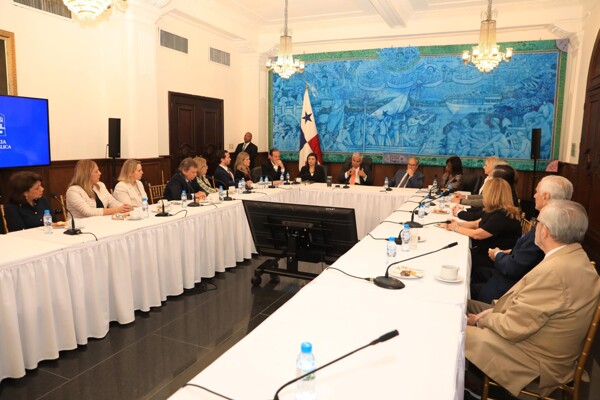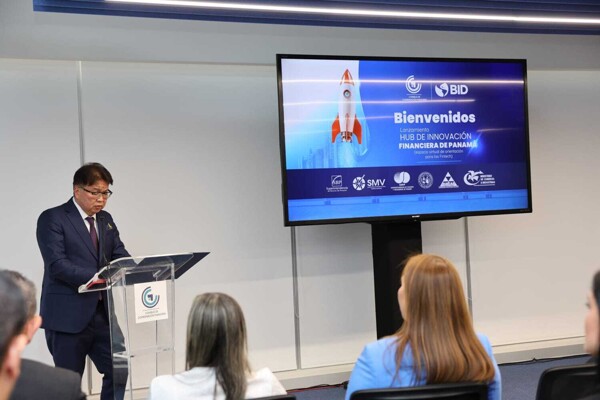The economy, when oriented towards the service of this creative humanity, becomes humanized; but when it is subordinated to uncontrolled accumulation interests, it denies the very human condition. From a critical tradition of modern thought, it is argued that human beings realize their essence through free and cooperative work, through which they transform both nature and their social relationships. This implies reorganizing the economy to respect and promote life in all its forms.
Now more than ever, defending social security in Panama is not just an act of economic resistance but a radical affirmation of humanity as the center of social life. In its essence, it is a tool of social justice and solidarity redistribution. When a State invests in social security, it invests in stability, peace, and dignity. It is a struggle for the present and future of a nation that deserves a fair, supportive, and profoundly human system. Patients waiting to be attended to. By Rogelio Antonio Mata Grau, Educator.
At the heart of every organized society lies a fundamental question: for whom is the economy organized? The proposed reform shifts the burden of the crisis onto workers, reduces benefits, and deepens the individualistic logic of private savings, to the detriment of the principle of solidarity that gave rise to the system. Behind this conflict, there is a confrontation between two visions: one that sees social security as an expense to be cut and another that understands it as a pillar of human development.
This reform, presented as a technical response to a financial crisis of the system, has been rejected by wide social sectors, who interpret it as a regressive, unjust, and dehumanizing measure. What is at stake is not only the balance of accounts but also the model of society that one wants to build.
The economy should not be understood as a neutral, technical, or exclusively financial field. It requires a profound transformation that recovers the ethical sense of the economy. Overcoming this crisis demands more than administrative adjustments. The economy thus becomes a system that subjugates the human being, fragments it, and turns it into an instrument.
Economy and humanity: an essential link. Humanity can only fully affirm itself when the economy ceases to serve private profit and is oriented towards the common good. This implies transparency, tax justice — where those who have more contribute more — and democratic participation that places workers and insured individuals at the center of the debate. But it also requires a cultural change: understanding that true development is not measured by growth rates, but by the expansion of human capacities. Today, the struggle being waged in Panama against the reform of the Social Security Fund (CSS) demands that we rethink this relationship between economy and humanity from a critical and profoundly ethical perspective.
It is, above all, a way of organizing the material life of people. Humanity, for its part, cannot be reduced to an abstract or sentimental concept: it is the concrete ability of human beings to transform their environment, work collectively, and live with dignity. Public policies that strengthen this system not only have an economic impact but also a cultural, ethical, and political one.
Social security is one of the clearest expressions of an economy oriented towards the human being. This implies an ethical and structural transformation, where value is not measured in numbers, but in the ability to guarantee rights, equality, and real freedom for all. It is not a privilege or a favor from the State, but a social right and a historical achievement of peoples. In this sense, it expresses values, priorities, and power relations.
The Panamanian context: a crisis of rights and a dispute over meanings. In Panama, the discussion about the reform of the CSS Law has awakened a profound social concern. The first responds to a technocratic logic, functional to financial capital; the second demands an economy that serves life, where rights are not subordinated to the dictates of the market. They are the basis of a protected, active, and conscious citizenship of its value. It protects people against the risks of life: illness, old age, motherhood, unemployment, disability.













